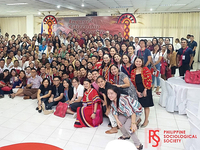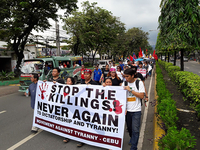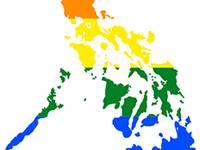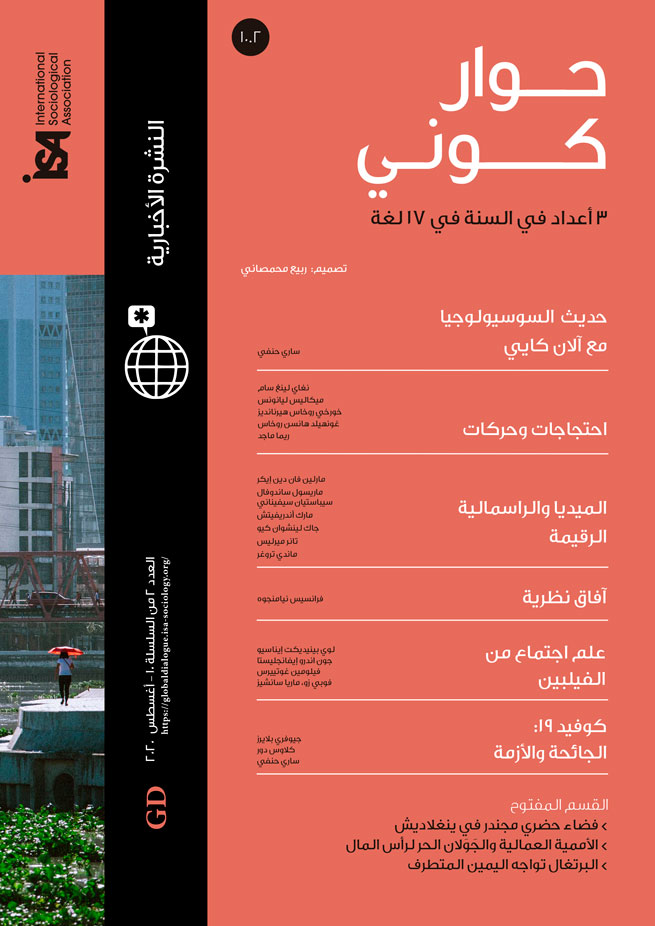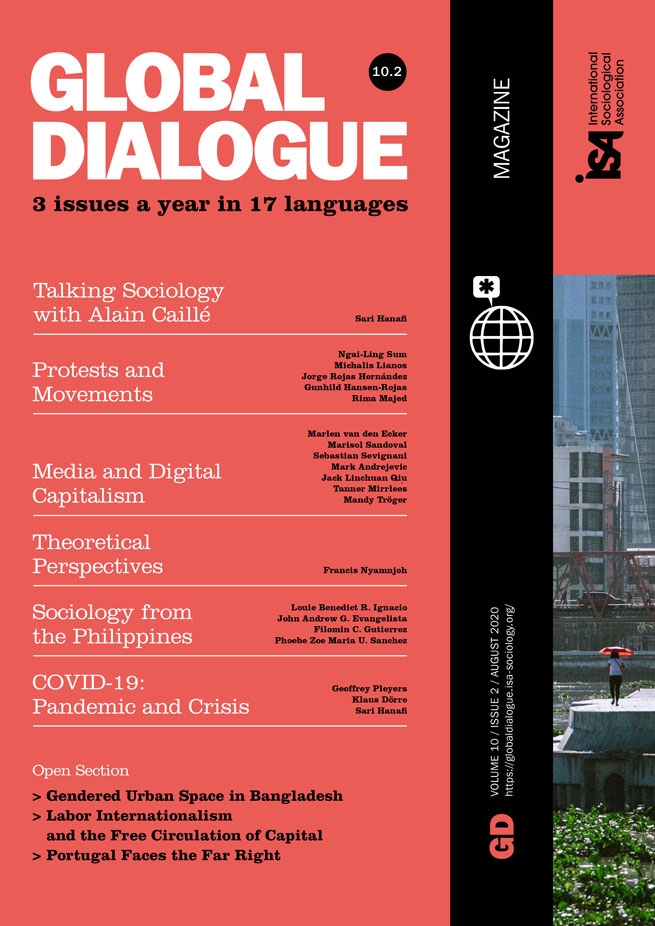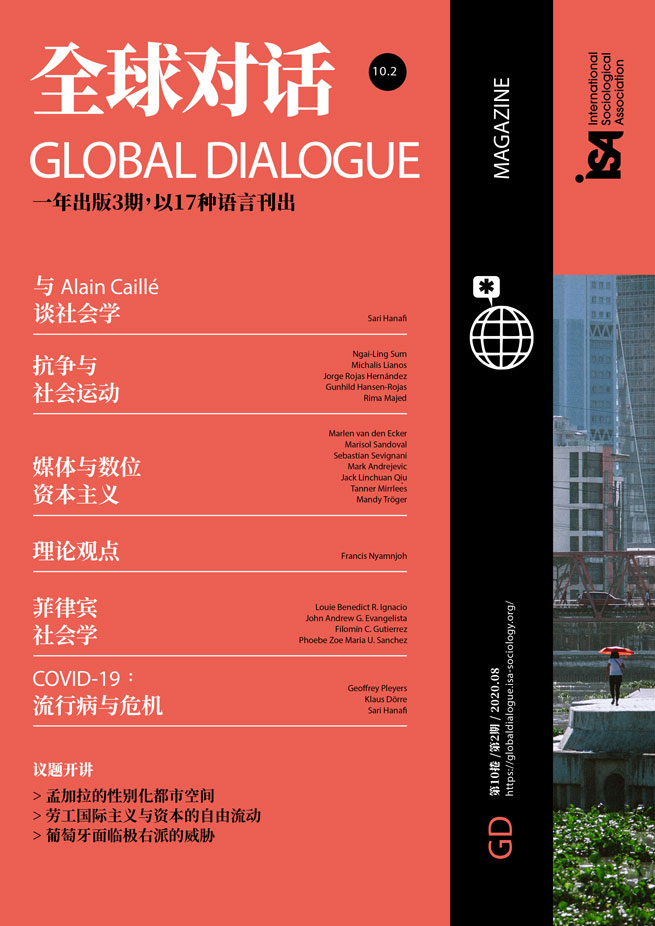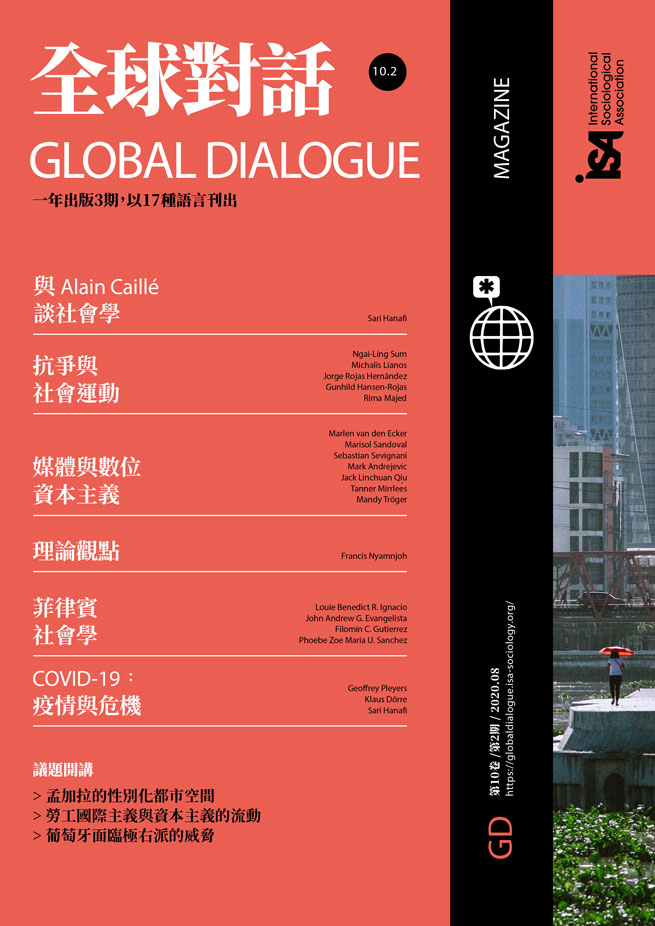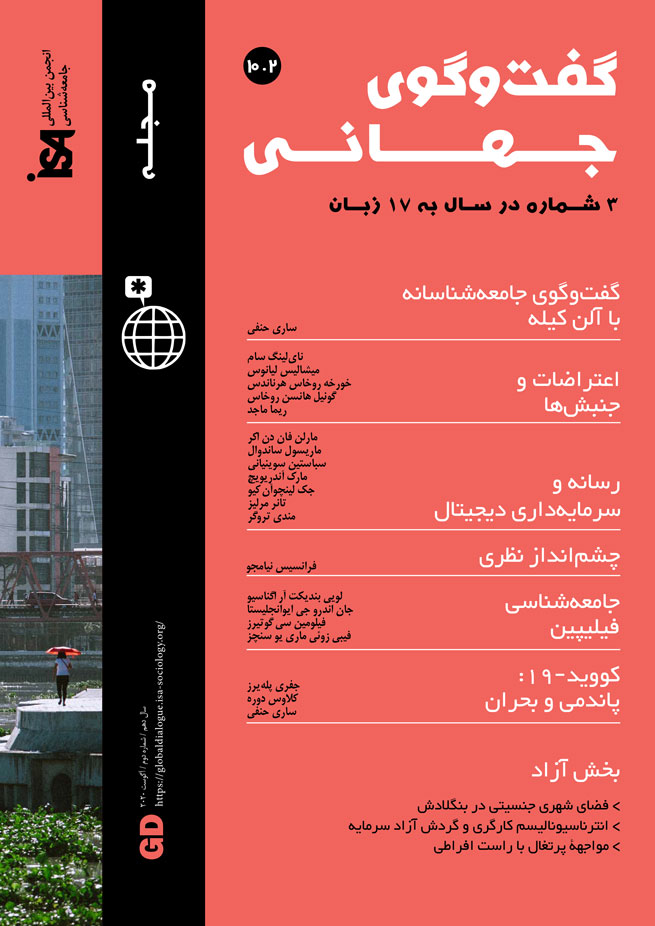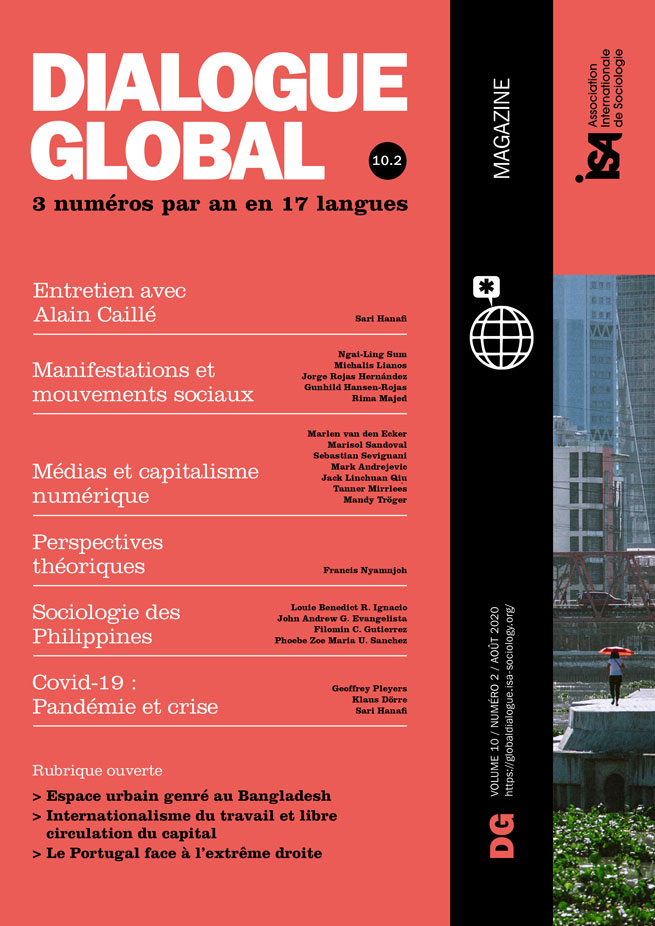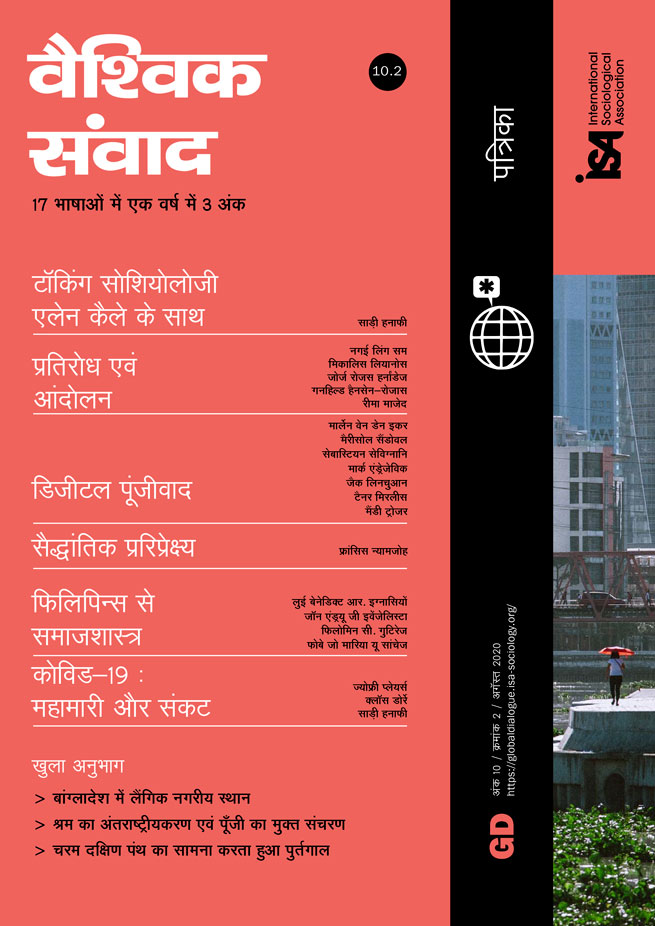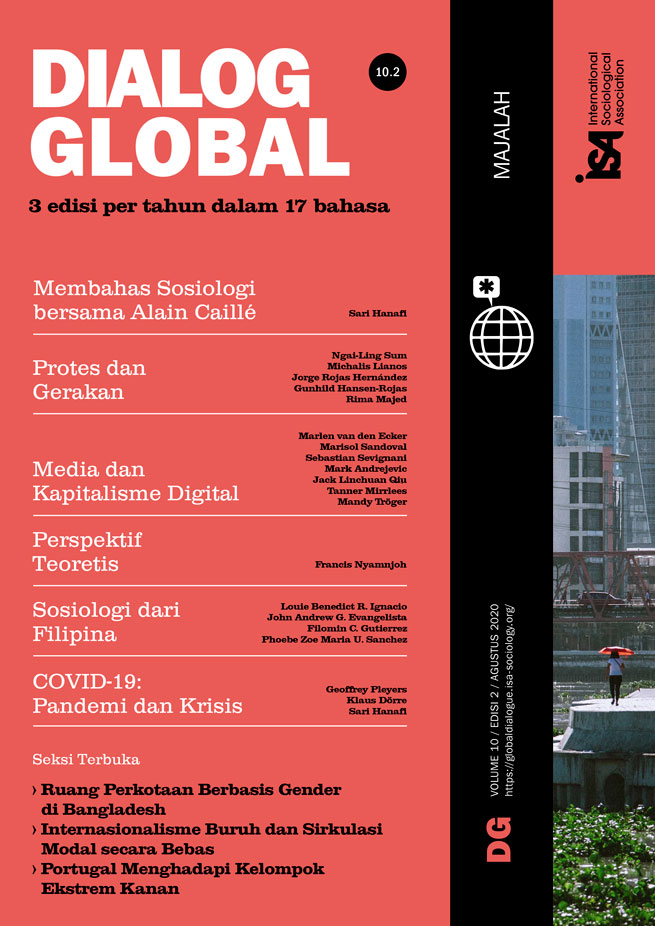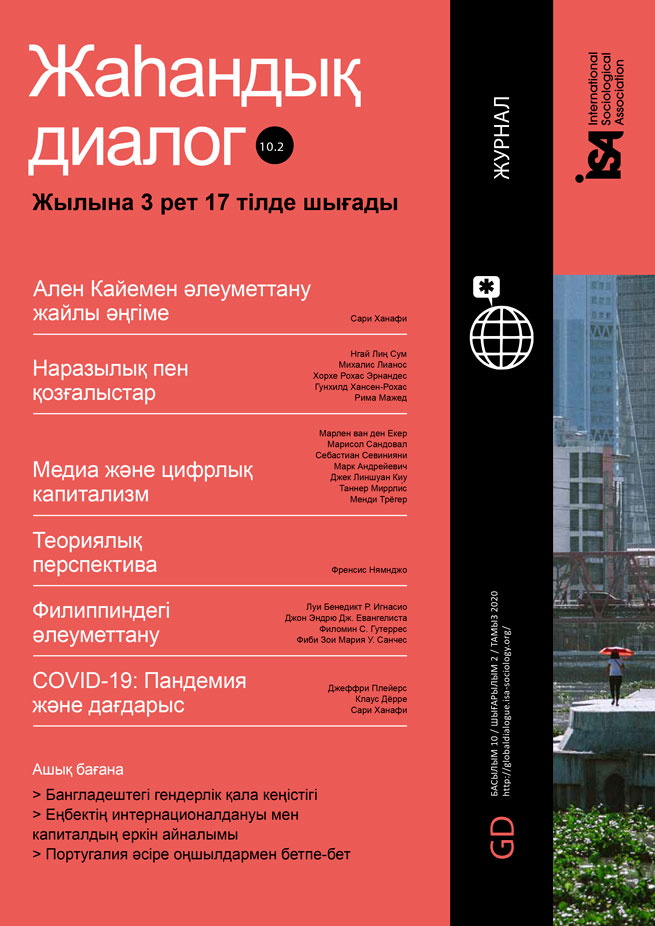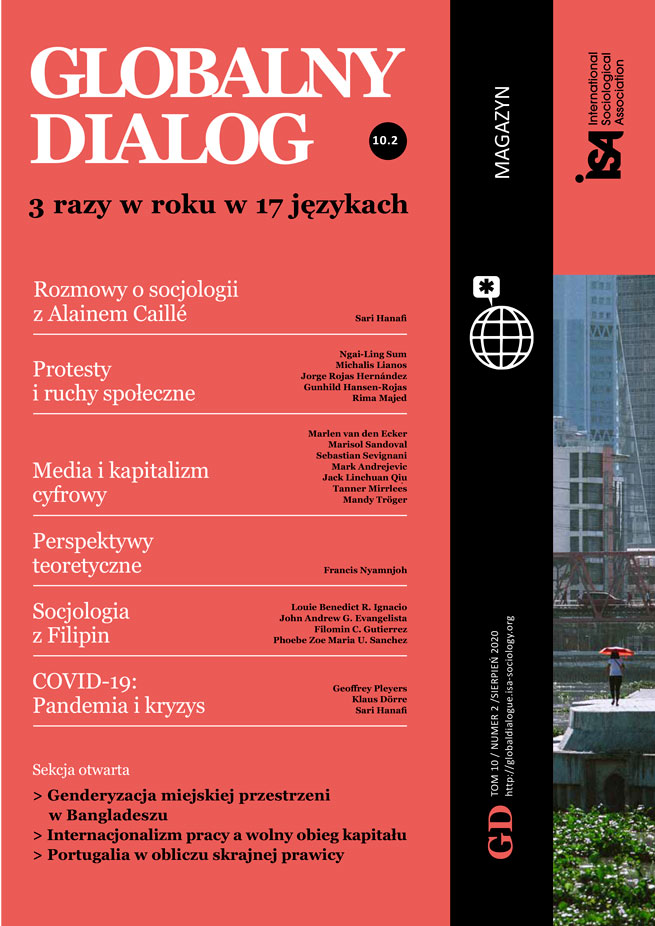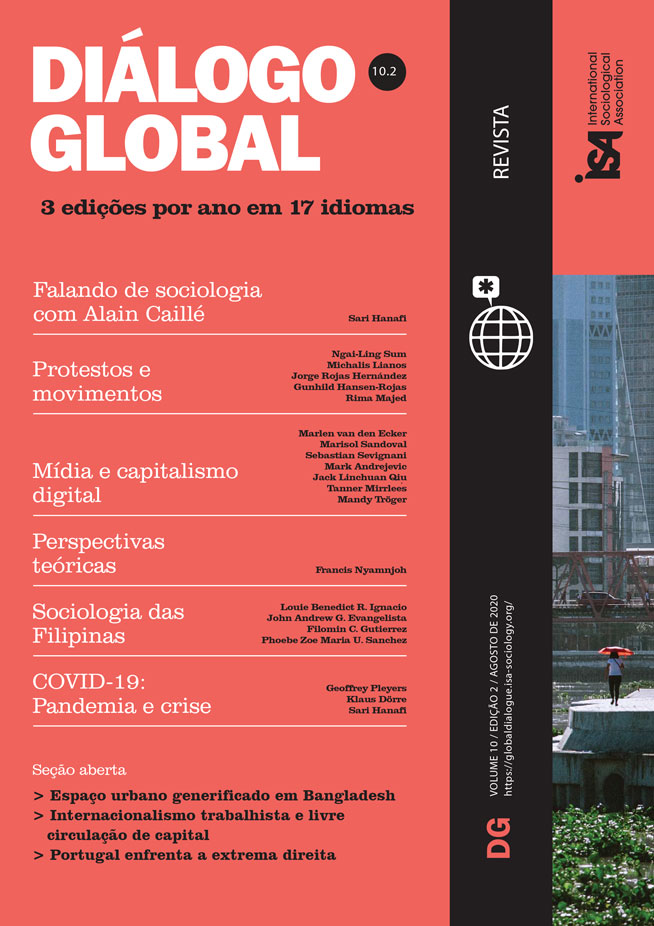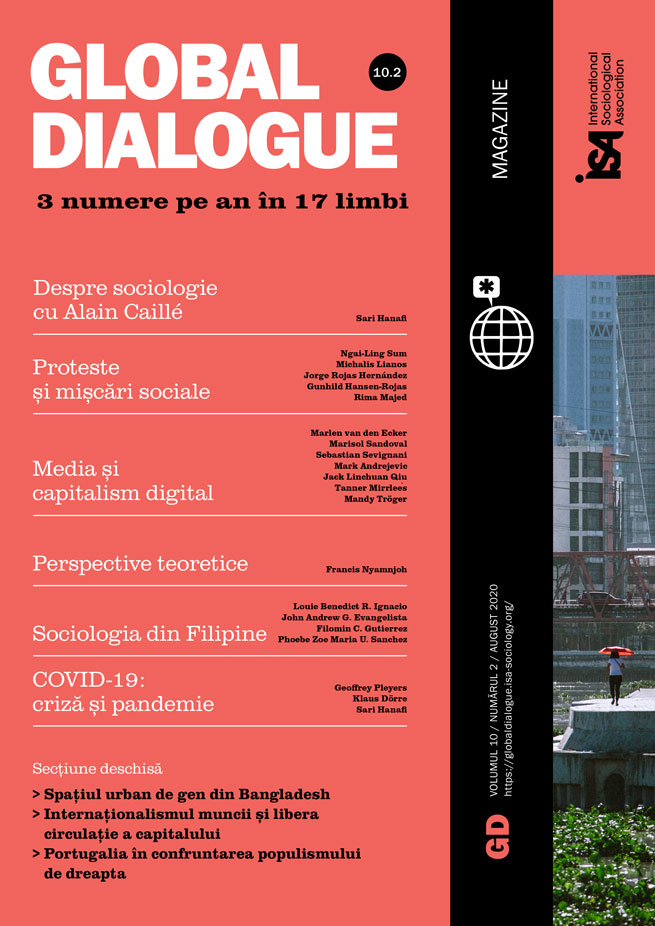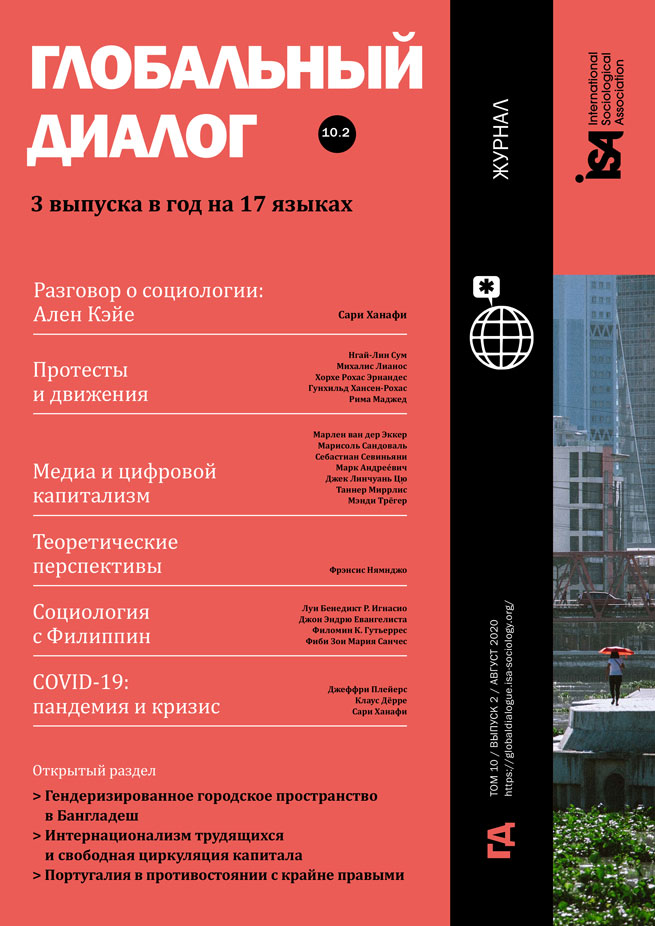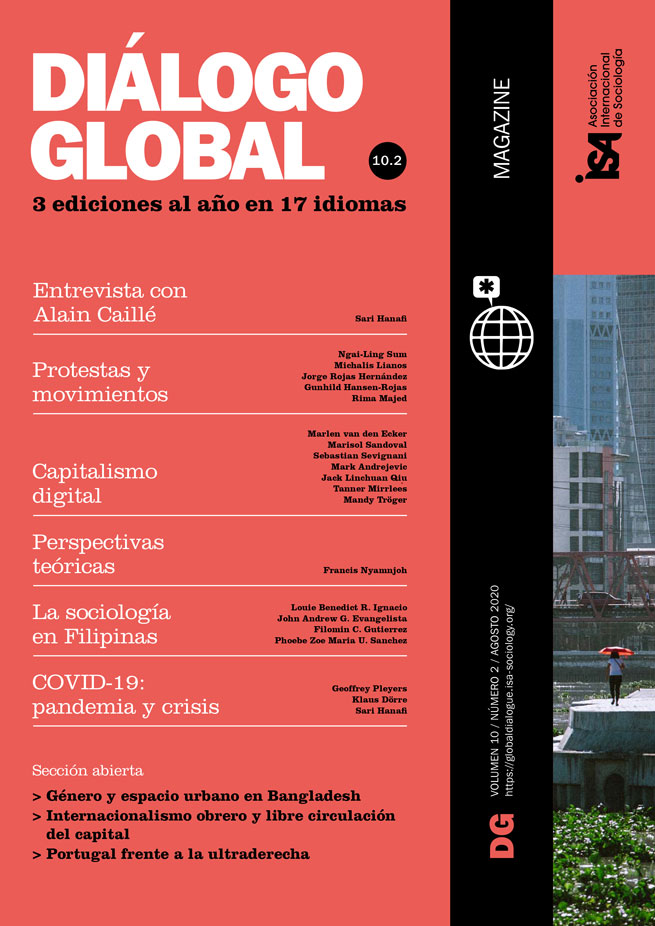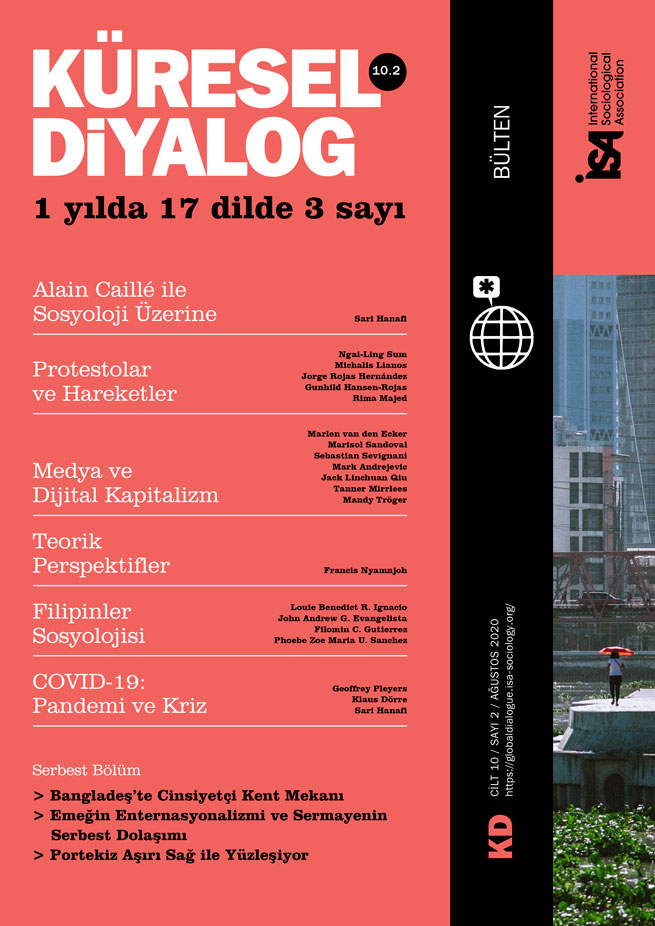When Rodrigo Duterte assumed the presidency in the Philippines in July 2016, a war on drugs was immediately cascaded into Philippine communities. This campaign saw members of the Philippine National Police coaxing drug users to voluntarily surrender and pledge to cease the habit, with over a million “drug personalities” surrendering just six months into Duterte’s administration. The anti-drug campaign was popularly known as Oplan Tokhang, a portmanteau term for toktok and hangyo, which means “to knock” and “to plead,” respectively, in the Cebuano language. Since 2016, tokhang has become a euphemism for extra-judicial killing (EJK) by either the authorities or anti-drug vigilantes.
The rising death toll of the drug war drew criticism from human rights groups. Official sources reported that as of July 2019, some 5,375 drug personalities have been killed in police operations. Human rights groups estimate that the overall death toll, which includes EJKs, has reached beyond 25,000. The International Criminal Court (ICC) started investigating Duterte for crimes against humanity in February 2018. Public opinion surveys by the Social Weather Stations (SWS) in late 2019 indicated that 75% of Filipinos believe that many human rights abuses took place as a result of Oplan Tokhang.
The war on drugs generated enormous interest among Filipino social science researchers, most of whom are sensitized to the human rights perspective. Conflicting death toll estimates, along with contrasting assessments of the extent and severity of the drug problem, matched the debates surrounding the morals and politics of the anti-illegal drug campaign between the authorities, human rights groups, and experts, including social researchers.
Narratives of suffering from those arrested and widows of those who were killed compose the backdrop of a new, violent Philippine reality. This reality is attended by the paradox of hyper-stigmatization of drug use by the current political and criminal justice regime vis-à-vis the “normalized proliferation” of drugs, articulated by the term talamak (chronic), commonly used by arrested persons, media, and much of the public.
In my own studies, I struggled to make sense of the dissonant narratives of suspected drug offenders, specifically involving the stimulant methamphetamine (locally known as shabu). I interviewed 27 men in jail, most of whom are working-class individuals in their early and middle-to-late adulthood arrested in the first year of Oplan Tokhang on drug-related charges. They claimed that they had been wrongly arrested, that police officers planted evidence, and that they were mistreated or tortured to confess their guilt. They described their plight as walang kalaban-laban (defenseless) against the police who forcefully descended into their dwellings. Despite their tragic personal plight, many of them still support Duterte’s anti-drug campaign because it represents a decisive action against a worsening drug situation that had long been ignored.
Clearly, the “drug offenders” are very much a part of the “penal populist” public that generated support for Duterte’s presidency in 2016. A moral panic about the rising number of drug addicts and unsafe neighborhoods propped up the resurgence of penal populism, a term proposed by John Pratt as an approach that adopts more punitive measures against criminality based on public sentiments rather than on empirical evidence or expert opinions. This can be observed in public opinion polls released by SWS at the end of 2019 indicating that Duterte enjoyed a net satisfaction rating of 72% from Filipinos, and his war on drugs a net satisfaction rating of 70%.
Prior to Duterte’s presidency, studies by Gideon Lasco showed that the youths of a Philippine port community used shabu as pampagilas (performance enhancer) for their work in the informal sector (e.g., vendors, porters, sex workers). Similarly, participants in my study also confessed to using shabu to regain strength from tiredness, stay awake, and take up jobs that are either hard to come by or require long unpredictable hours (e.g., truck and jeepney drivers, construction workers). They refused to be called “addicts” because, in their belief, they can stop anytime they wish, and they don’t let it become a habitual vice. That they purchase it using their own wages and not with funds derived from theft, robbery, or any other crime confers shabu the legitimacy of a consumer commodity in the open market. The scope of analysis of its use, therefore, needs to go beyond notions of leisure or retreatism and subcultural theories of addiction, and toward its function as a mainstream means to cope with the stresses of poverty and economic precarity.
Despite the participants’ defense of their drug use, the denouement of my conversations with them was their recognition that shabu is a “destroyer of families,” “a source of criminality,” “ultimately evil,” and “a national problem,” which must be eradicated. One key aspect of their narrative is that the misinformed police made a mistake in capturing them instead of targeting those who are truly guilty: addicts who commit heinous crimes to support their vice, money-hungry traffickers who exploit them, and corrupt policemen who extort money from the addicts and peddlers.
My preliminary interviews with police officers on Oplan Tokhang also suggest an experience misunderstood by human rights groups and misrepresented by the media. They spoke of their conviction in carrying out the mandate and ideals of protecting the country and its citizens from a drug menace “that does not seem to end.” While they recognize that drugs do fill a vacuum created by poverty and that drug lords economically exploit an addicted and impoverished population, they also regard drug personalities as combatants, armed with weapons, who are ready to retaliate. More importantly, they reflexively look back on Oplan Tokhang as a campaign that has exposed the “true depth of the drug problem,” and how it has “gravely corrupted the police ranks.” If a deep story – an approach used by Arlie Hochschild to capture the experience of right-wing American Republicans – can be told from the narratives of “drug offenders,” it might render a starkly different account of Philippine reality assembled from the narratives of the police.
Social science research on the Philippine war on drugs can indeed contribute to providing evidence-based policies, whether these involve the methodological expertise of quantifying addiction levels, reconceptualizing drug use typologies, or interpreting public opinion on criminality. The challenge for sociology is that it must heed caution about frameworks that offer binaries that reduce the drug question in the Philippines to a battle between the good guys versus bad guys, the addicts versus those who are not, and the good cops versus bad cops. More importantly, sociologists researching the war on drugs must be wary of privileging penal elitism, a term which Victor Shammas uses to refer to an overvaluation of scientific or expert opinion and dismissal of a public regarded as emotional, irrational, or simplistic. Such self-reflexivity then calls for sociologists to be comfortable with contesting narratives within groups of social actors and between the supposed camps of the political and moral spectrum that makes up the public.
Filomin C. Gutierrez, University of the Philippines, Philippines and member of ISA Research Committees on Sociology of Deviance (RC29), and Women, Gender and Society (RC32) <fcgutierrez@up.edu.ph>
